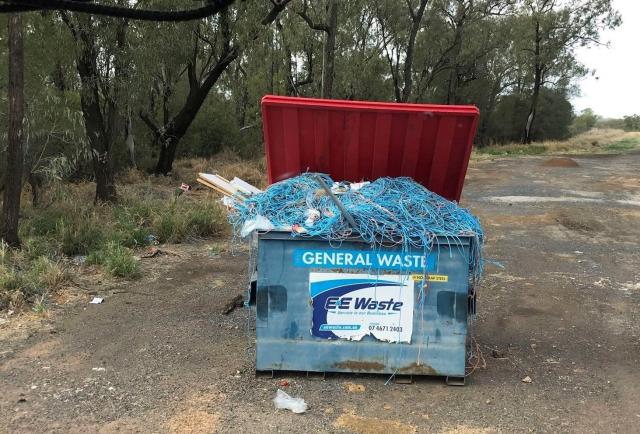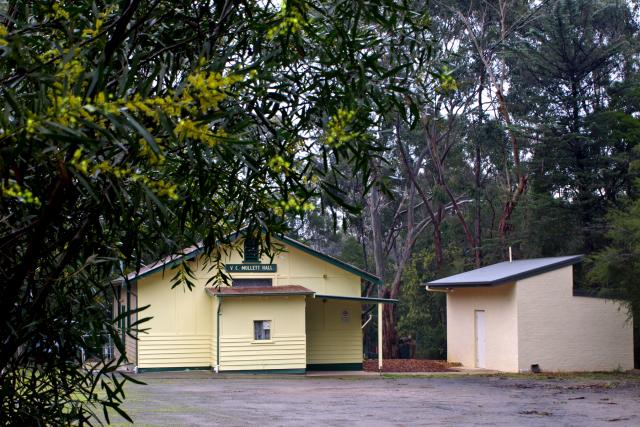As parents across the Yarra Ranges make the final dash to buy school supplies before term starts, the dread of being unable to afford the essentials, let alone the extras, is hitting hard.
A survey conducted by the national children’s education charity The Smith Family of 2200 people found nearly nine out of ten respondents (88.3 per cent) are worried to some degree about being able to afford all the things their children will need for school in 2024.
Over half of the respondents said their children might miss out on the digital devices needed for their schoolwork, while 45.6 per cent said their children would miss out on uniforms or school shoes.
Anglicare Victoria senior financial counsellor Kylie McLoughlin confirmed the pressures parents are feeling right now.
“We know that the return to school is an expensive time for families, and it’s only getting pricier with growing costs of living. Whether it’s the rent, the mortgage, power bills, food or affording back to school supplies, there’s no doubt it’s tough out there,” Ms McLoughlin said.
“I’d recommend sitting down and making a financial plan for the year ahead, noting any camps or excursions, school photos and graduation ceremonies.
“Parents might also want to check what items they have from last year they could reuse, such as exercise books, or pens and pencils. Lunchboxes, bags, and pencil cases can all be washed afresh for the school year.”
Ms McLoughlin said it’s also a good idea to check if a school offers a second hand shop or marketplace or even participates on the Sustainable School Shop website.
When it comes to digital devices, Ms McLoughlin said refurbished laptops and tablets can be just as good without the price tag but it’s worth the research.
Anchor CEO Heidi Tucker said for people experiencing homelessness, affording school items is a common, and often stressful challenge but access to internet and learning devices is “a newer challenge that adds to the on parents and carers”.
But despite this initial January outlay in cost for the material items, Ms Tucker said sometimes it’s the emotional impact that takes a greater toll on families throughout the year.
“Encountering this issue so often led Anchor to partner with Swinburne University in 2020 on a research piece that is exploring the impact on children’s sense of belonging and wellbeing when their parents can’t afford schooling costs,” she said.
“The research has revealed that children are just as likely to take on that guilt and shame. If they bring a payment form for a school camp home and it clearly causes the family stress to be able to cover it, the next time a camp or excursion comes up, they won’t even consider asking their parents about it.
“It may not seem that important, but isolating themselves has an enormous toll on mental health and impacts their social development.”
Ms Tucker said she hopes people will approach this school year with “sensitivity and compassion” because there are a lot of parents who experience “guilt and shame when they are struggling to make ends meet” or can’t give their child what others have.
Ms McLoughlin said there are a number of programs out there offering financial support, it’s just about finding them.
For school supplies, the State School’s Relief website is a place to start, while student scholarships are available through the Victorian Government, as well as bank’s providing saver programs.
“If you’re struggling, make sure you’re receiving the correct concessions and funding. If you do have a concession or pension card, tell your school, you might be surprised what they can help you with. Reach out to the principal and just ask the question,” she said.
“Your child might be able to access the Camps, Sports and Excursions Fund which can be used to pay for extracurricular activities over the school year.
“Some schools have funding set aside to help families who need help, and some have spare uniforms they can pass on. Your school can also help with applications to organisations which can help provide shoes, uniforms, graphing calculators and even glasses.”
The CSEF is a payment of $125 for primary school students and $225 for high school students, paid directly to the school for extracurricular activities.
Anchor also supports its families by supplying books, uniforms and other essentials but takes a child-focused approach.
“Anchor’s support programs allow us to focus on individual needs around children’s access to education essentials,” Ms Tucker said.
“Our child-focused support worker does great work with families to ensure that the individual needs of children experiencing homelessness are met.
“The money that community members donate also allows us a lot of flexibility to pay for things that children experiencing homelessness need, so anyone who donates to homelessness support organisations should feel extremely proud about the impact they are having in children’s lives.”
Anglicare Victoria can also support eligible families with internet access via its School Student Broadband Initiative. To contact Anglicare about school costs or emergency relief, call 1800 809 722.







